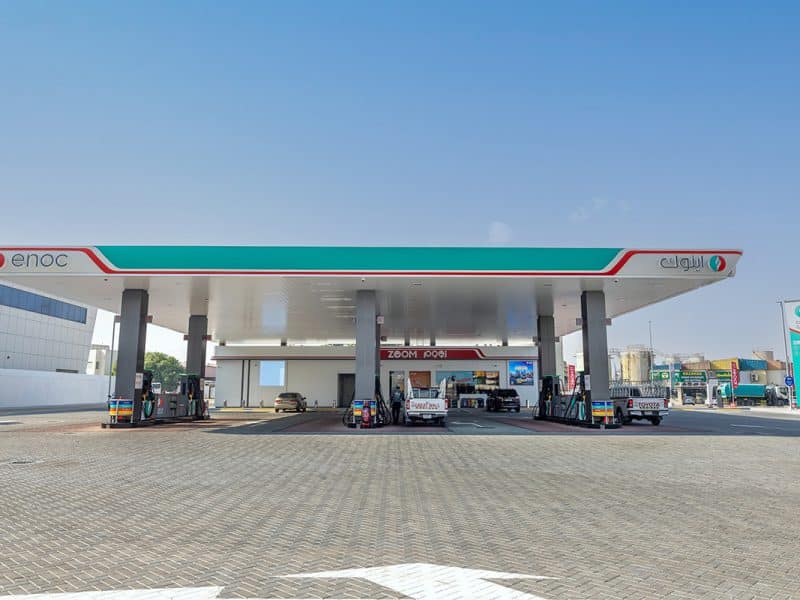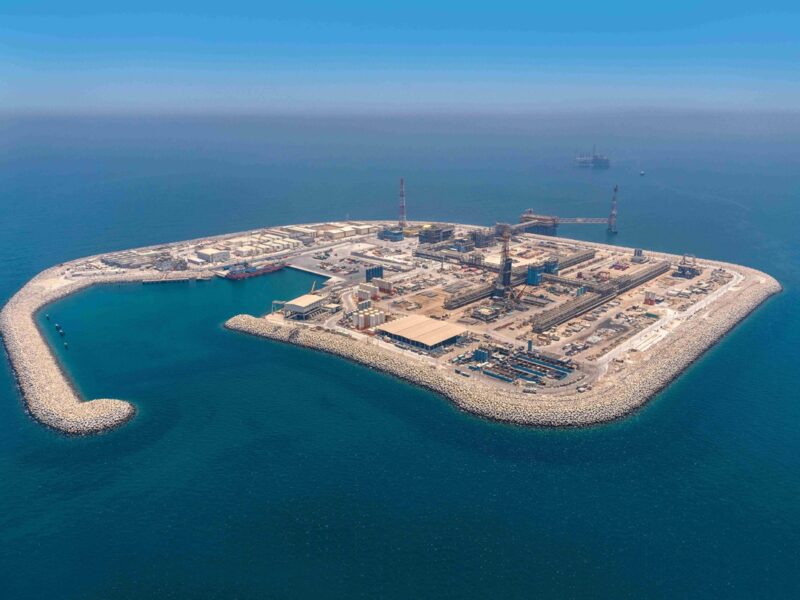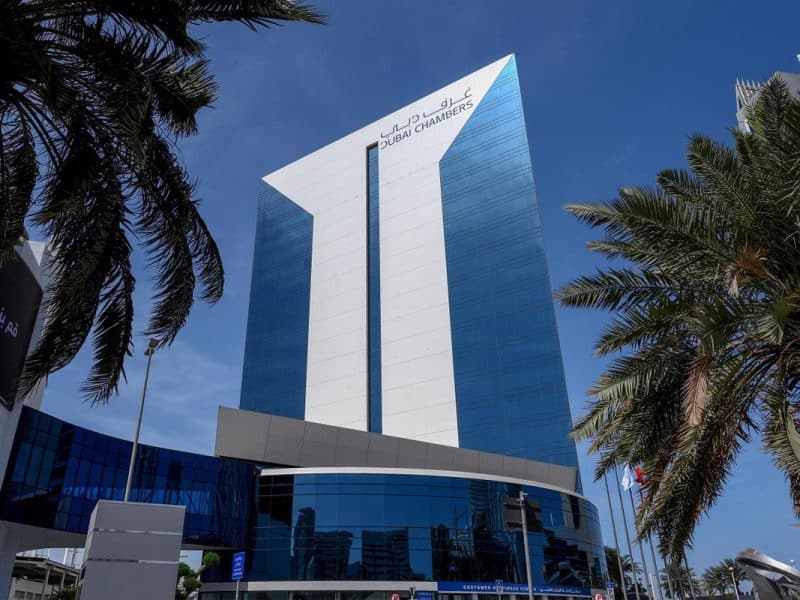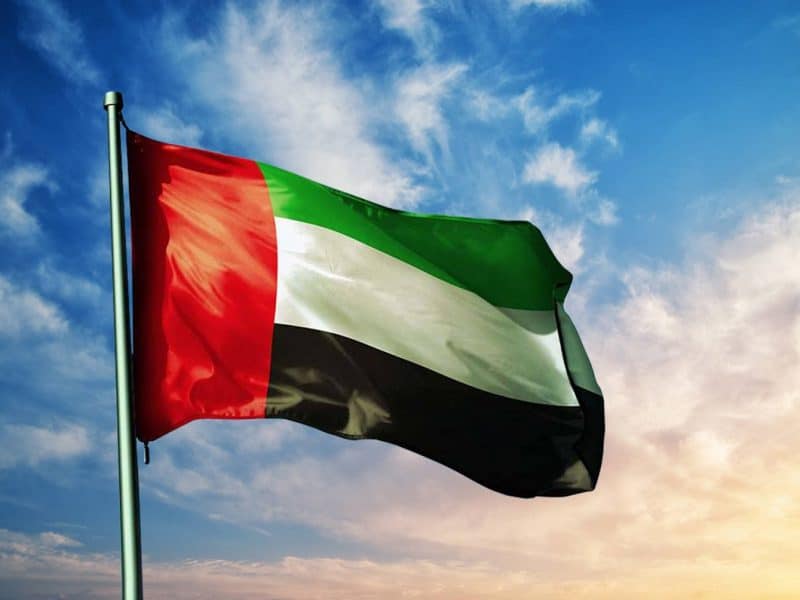The Middle East as an oil exporter isn’t as important as it was 10 to 15 years ago, according to Emirates NBD’s commodity analyst.
Although the Middle East still remains a crucial supplier of crude, especially to Asia, the emergence of other suppliers globally in the industry has reduced its prominence.
“The Middle East is still a very crucial a supplier of crude to a lot of markets, particularly Asia, but it’s not the only one,” Edward Bell, commodities analyst at Emirates NBD, told AB Live.
“The transformation we have seen in the oil industry in the last 10 years with new suppliers and energy efficiency and consumption efficiency in the market means that the Middle East is not as crucial as it might have been 10 to 15 years ago in terms of its impact,” he added.
After the oil tanker attacks in the Strait of Hormuz in the past few months, the impact on oil prices weren’t majorly significant, despite the fact that more than one-third of the global crude is exported through the Strait of Hormuz. Following the attack on two tankers in the Strait of Hormuz, oil prices saw a surge of 4.5% and soon stabilised.
“The impact on pricing that we’ve seen from the escalation on the geopolitical tension related to the strait and the Middle East more generally actually hasn’t been that significant in terms of pricing and hasn’t changed the outlook,” Bell said.
“We are probably not going to see that impact in terms of upward moving prices. From the point of view of the region, which still extracts a huge amount of its fiscal receipts and export revenues from the export of crude oil, it hasn’t been that much of a game changer at this stage.”
However, given the base of resources and lower cost of crude oil production, the Middle East still plays an important role in the global oil industry.
Moreover, as part of the GCC-wide economic diversification drive to transition away from the reliance on oil, governments, especially in the UAE and Saudi Arabia, are also heavily investing in other parts of the crude oil value chain such as refineries and petrochemicals.
“These [projects] help you extract more value out of per dollar per barrel at the crude market but they don’t necessarily translate into the transformation of the economy from still being commodity dependant,” he said.









